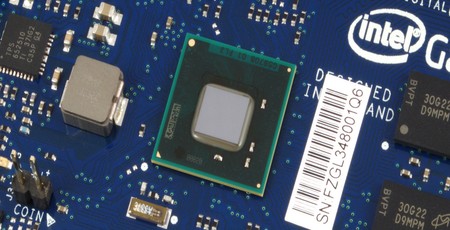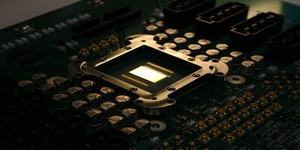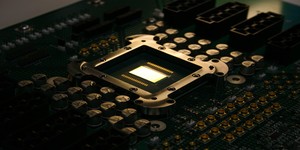Intel has officially called time on its Quark experiment, issuing a product discontinuance notice for the last of its ultra-compact low-power Pentium-based system-on-chip (SoC) parts.
The launch of Intel's Quark system-on-chip design, which brought the venerable Pentium microarchitecture out of retirement in a new ultra-low-power form, came with an impressive demonstration: Powering the chip via wine, showcasing its low power draw and suitability for embedded, wearable, and Internet of Things projects. Launching in 2013 on the Galileo development board and followed in 2014 by the Edison, which would never see market in its original SD card form factor, Quark continued to be actively developed into 2015 with the release of the Quark SE and Quark-based Curie wearable computer-on-module (COM). The company would even attempt to make inroads into the maker market, partnering with Arduino to launch the Arduino/Genuino 101 with a Curie module at its heart and even funding a maker-themed reality TV programme.
In the years since, though, the Quark and Curie ranges have fallen by the wayside: In 2017, less than a year after launching the Atom-based Joule computer-on-module (COM) family, Intel announced it was discontinuing Galileo, Edison, and Joule before dropping the Curie and Arduino/Genuino 101 too.
Now it looks like the time has finally come for Quark as a whole: In a product change notification published to its website late last week Intel confirmed that it is to discontinue the Quark and Quark SE families, with last orders to be placed by July 19th. Supplies, meanwhile, have been guaranteed through to July 17th 2022, but the message is clear: If you've been building on Quark, now is the time to stop.
At the time of writing, Intel had not announced a successor ultra-low-power SoC design to replace Quark.

MSI MPG Velox 100R Chassis Review
October 14 2021 | 15:04









Want to comment? Please log in.